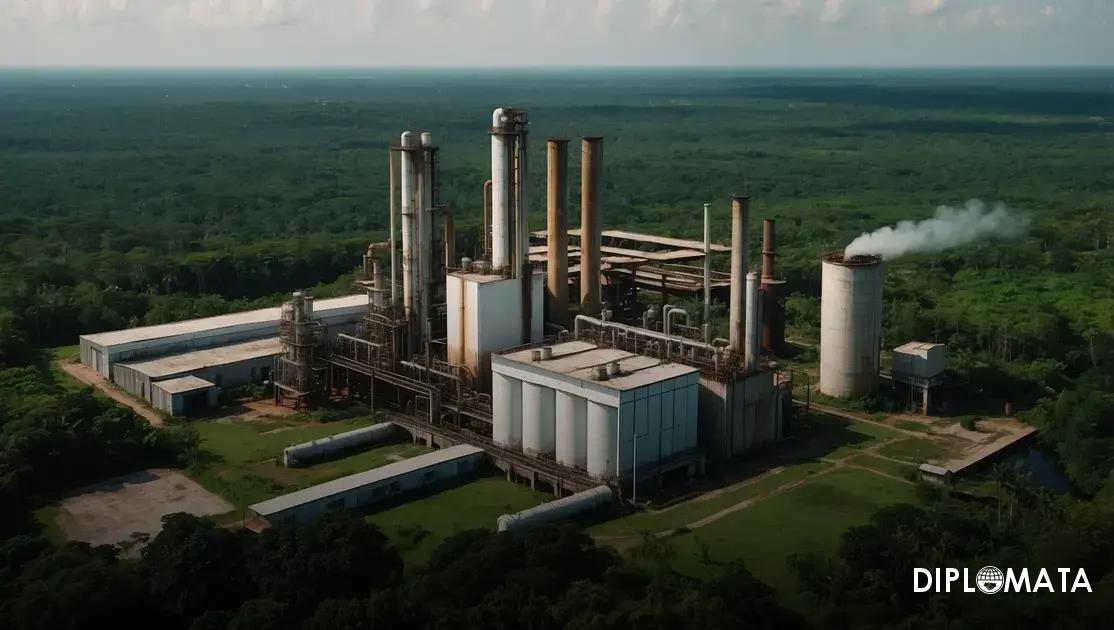Brazilian Soy Lecithin Specifications Overview
Brazilian soy lecithin is renowned for its high quality and purity, making it a preferred choice for various industries, particularly in food production. Understanding the specifications of Brazilian soy lecithin is essential for manufacturers looking to ensure product quality and compliance with industry standards. The specifications encompass factors such as chemical composition, physical properties, and regulatory compliance, which are crucial for businesses in the United States seeking reliable sources of lecithin.
Chemical Composition
The chemical composition of Brazilian soy lecithin typically consists of phospholipids, fatty acids, glycerol, and other components. The primary phospholipids include phosphatidylcholine, phosphatidylethanolamine, and phosphatidylinositol, which contribute to the emulsifying properties of lecithin. The specific ratios of these components can vary, depending on whether the lecithin is GMO-free or contains genetically modified traces, thus impacting its functionality in food applications.
Physical Properties
Physical properties of Brazilian soy lecithin are critical for its application in the food industry. Lecithin is usually available in liquid or powdered form. The liquid form is characterized by a viscous consistency and a light amber color, while the powdered form is light yellow and free-flowing. The moisture content, viscosity, and density are also important specifications that influence the lecithin’s performance in emulsification and stabilization processes in food formulations.
Regulatory Compliance
In the United States, Brazilian soy lecithin must comply with the Food and Drug Administration (FDA) regulations for food additives. It is classified as Generally Recognized as Safe (GRAS), which means it is deemed safe for consumption when used according to established guidelines. Additionally, suppliers must provide documentation to verify the non-GMO status of their lecithin if marketed as GMO-free, ensuring transparency and trust among consumers and manufacturers.
Quality Assurance
Quality assurance is a vital aspect of the production process for Brazilian soy lecithin. Suppliers like Diplomata implement rigorous quality control measures to ensure the lecithin meets both international and local standards. This includes testing for contaminants, consistency in chemical composition, and adherence to specifications outlined by industry regulations. High-quality lecithin plays a pivotal role in enhancing the quality of food products.
Applications in the Food Industry
Brazilian soy lecithin is widely used in the food industry due to its emulsifying, stabilizing, and anti-oxidative properties. It is a common ingredient in products such as chocolates, baked goods, dressings, and margarine. The versatility of lecithin allows it to improve texture, extend shelf life, and enhance flavor profiles, making it an essential component for food manufacturers looking to create high-quality products.
Comparative Analysis of GMO and GMO-Free Lecithin
When selecting Brazilian soy lecithin, manufacturers must consider the differences between GMO and GMO-free options. GMO lecithin is derived from genetically modified soybeans, while GMO-free lecithin comes from non-GMO sources. The choice between the two often depends on consumer preferences and labeling requirements. Understanding these distinctions helps companies cater to specific market demands while maintaining product integrity.
Sourcing Brazilian Soy Lecithin
Finding a reliable supplier of Brazilian soy lecithin is crucial for businesses looking to maintain product quality. Diplomata stands out as a leading supplier, providing both GMO and GMO-free lecithin options that meet high standards of quality and consistency. Importers in the United States can rely on Diplomata for timely deliveries and excellent customer service, ensuring a steady supply of this essential ingredient.
Environmental Considerations
As sustainability becomes increasingly important in the food industry, Brazilian soy lecithin producers are adopting practices that minimize environmental impact. This includes sourcing soybeans from responsible farms, implementing eco-friendly processing methods, and ensuring efficient logistics. By choosing suppliers like Diplomata, companies can support sustainable practices while obtaining high-quality lecithin for their products.


